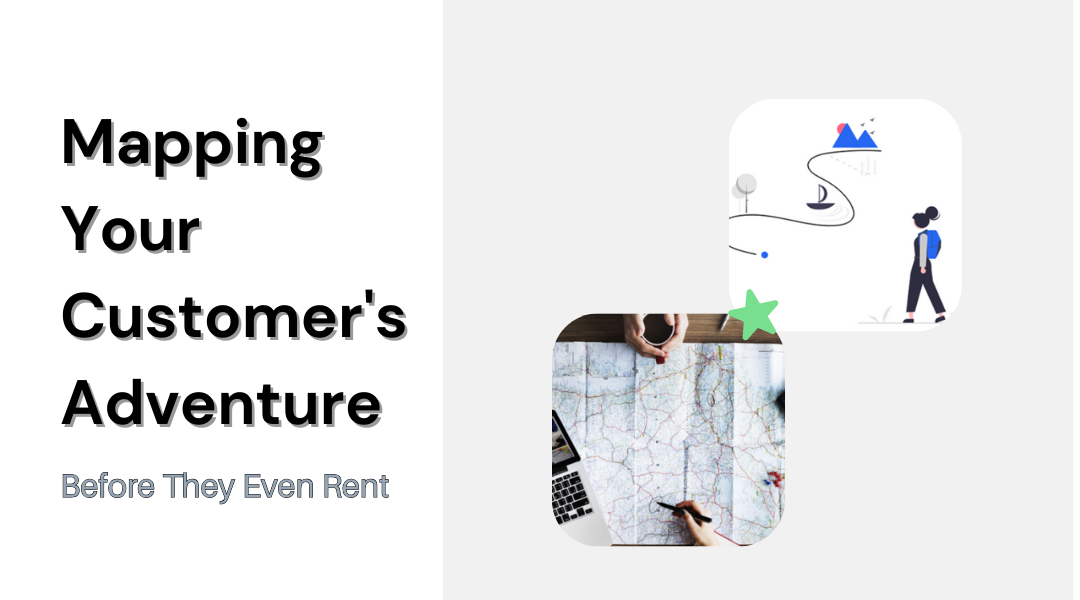Forget corporate flowcharts – your customers aren’t moving through “stages,” they’re on an adventure with your gear. Here’s how to see the journey through their eyes:
Step 1: Know Your Adventurers
You’re not serving “personas” – you’re helping:
- The overpacking dad who Googles “camping checklist” at 2 AM
- The solo female hiker comparing safety features
- The college group that won’t read instructions but will watch a 15-second TikTok
Step 2: Track Every Interaction
It’s not just your website and checkout counter. Watch for:
- The Yelp review that made them pause
- The Instagram DM asking “Will this tent fit in a Honda Civic?”
- The moment they panic-check availability during a weather window
Step 3: The Real Journey Timeline
- Discovery: “Shit, I need gear for this trip next week”
- Decision: Comparing your beat-up-but-honest photos to shiny retail sites
- Booking: That make-or-break moment when your calendar actually works
- Prep: Their 11 PM gear panic (your YouTube setup videos better load fast)
- Adventure: When your gear becomes their problem solver or failure point
- Aftermath: Will they brag about you or curse your name at REI?
Step 4: Listen to the Unguarded Moments
The gold is in:
- Phone calls where they admit “I’ve never done this before”
- Return conversations about what almost went wrong
- Google searches that lead to your site (“how to not die in a rental sleeping bag”)
Step 5: Draw the Bloody Map
Make it visual but human:
- Use real customer quotes at each step
- Mark pain points with skull icons (because adventure)
- Highlight “hero moments” where you save their trip
Step 6: Fix What Actually Matters
Prioritize:
- The booking step where 60% bail (probably your insurance upsell)
- The gear pickup confusion that causes 15-minute delays
- The lack of post-trip bragging opportunities
Step 7: Build in Delight
Unexpected wins:
- Handwritten weather notes with gear pickups
- A prep checklist that fits on one beer coaster
- A returns process faster than trailhead parking
Keep It Alive
Revisit every season – that overwhelmed dad in spring becomes a confident camper by fall. Your map should grow with them.
The magic happens when you stop seeing customers and start seeing fellow adventurers. When your journey map could double as a “how not to stress about your trip” guide, you’ve nailed it.
